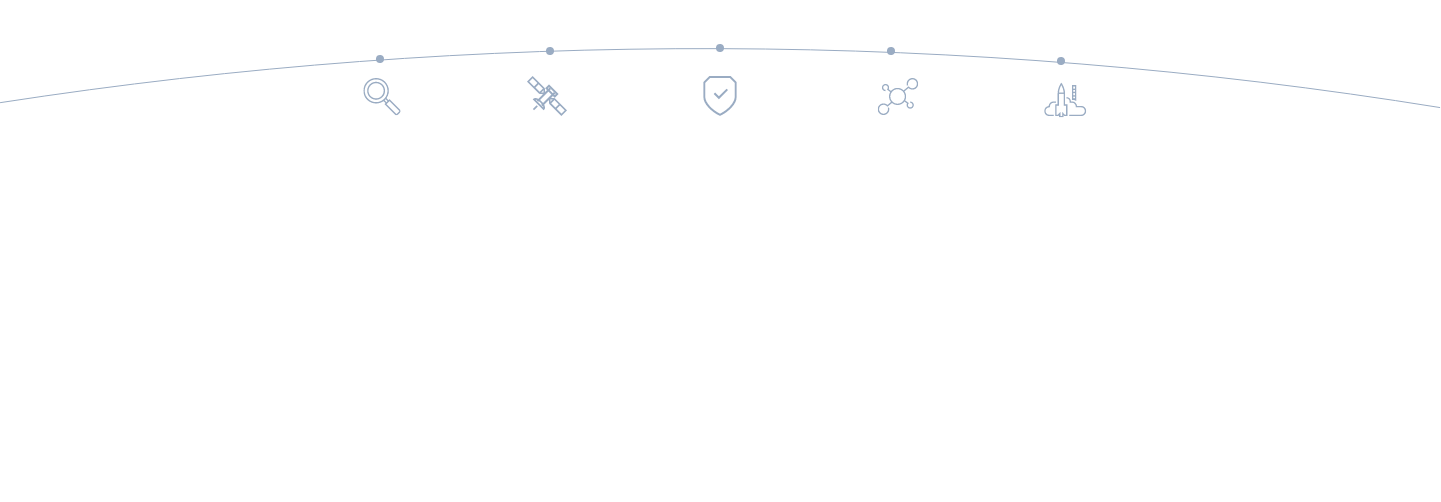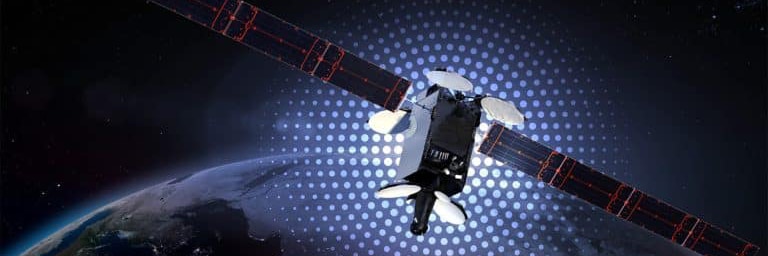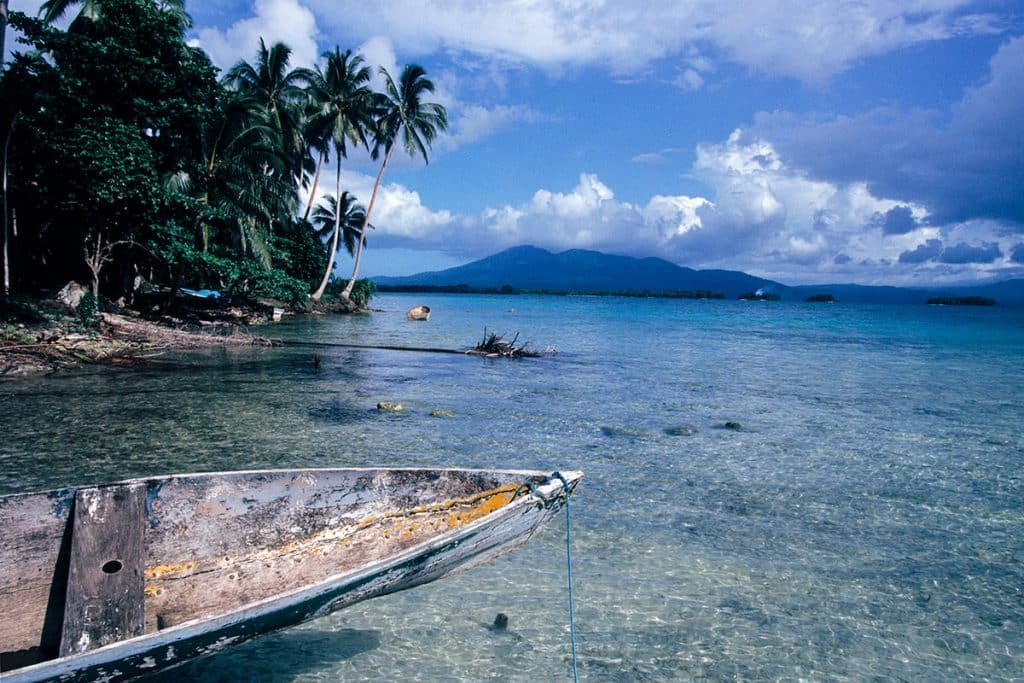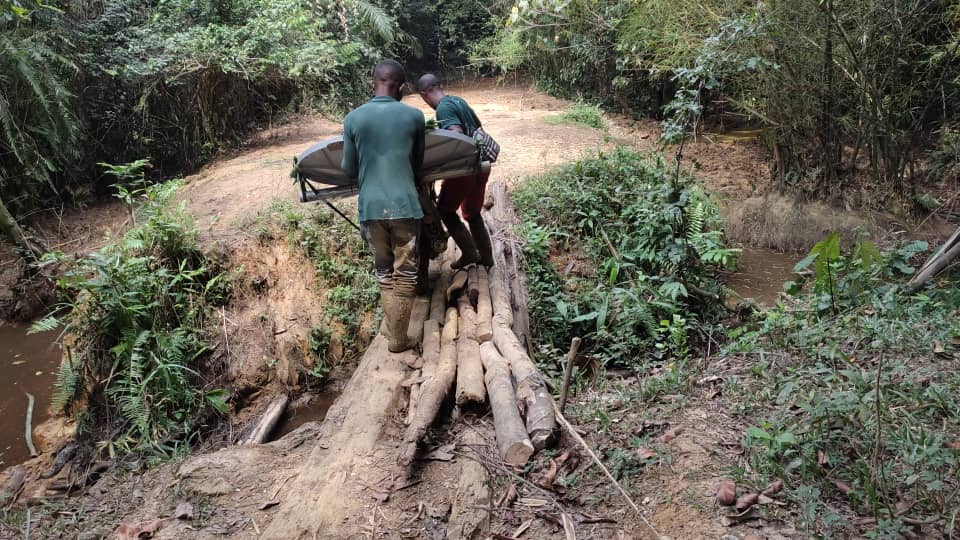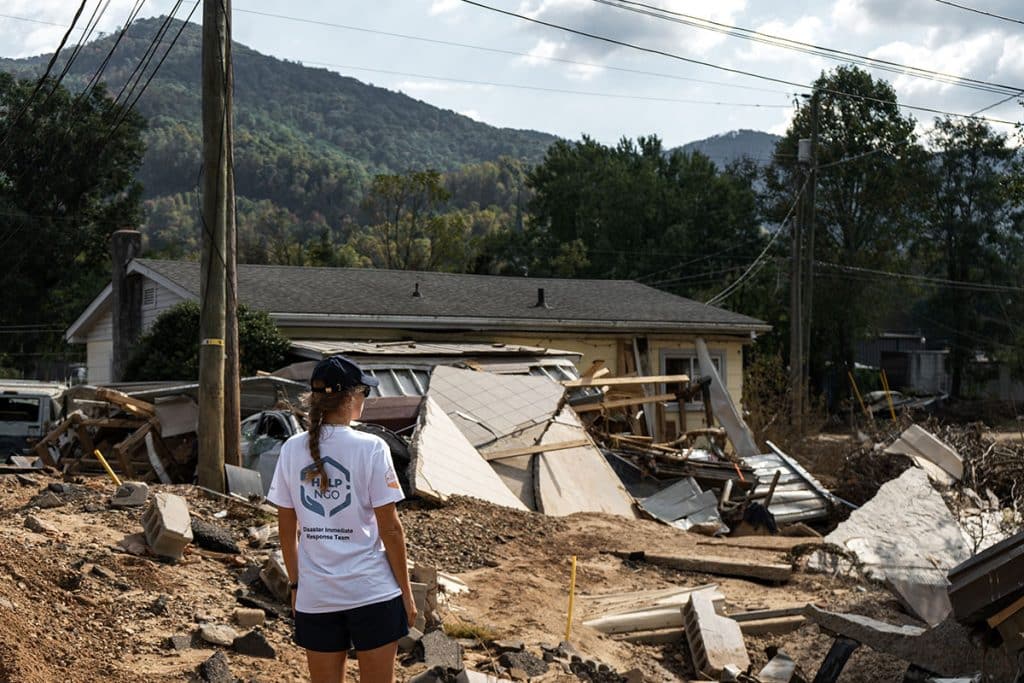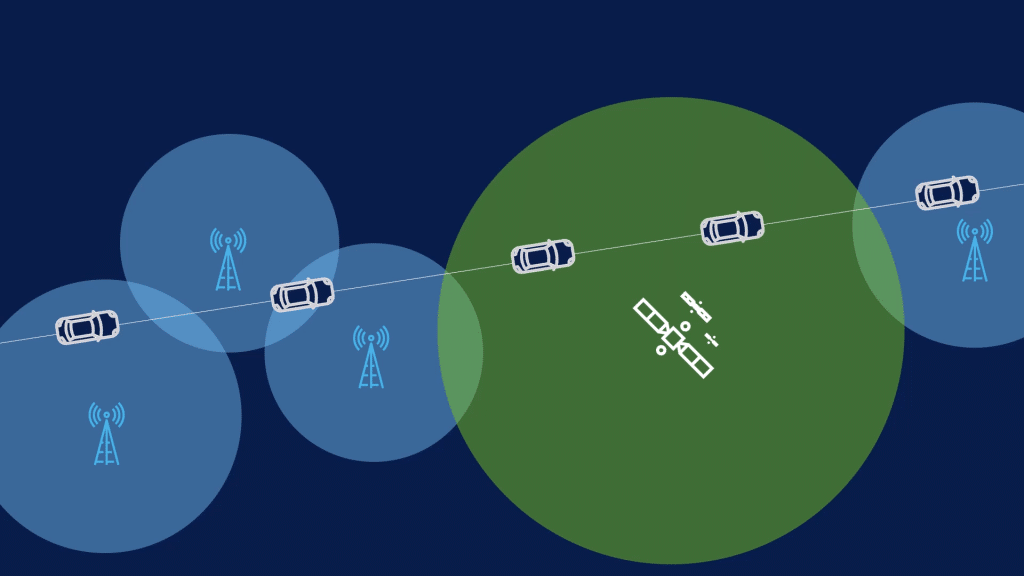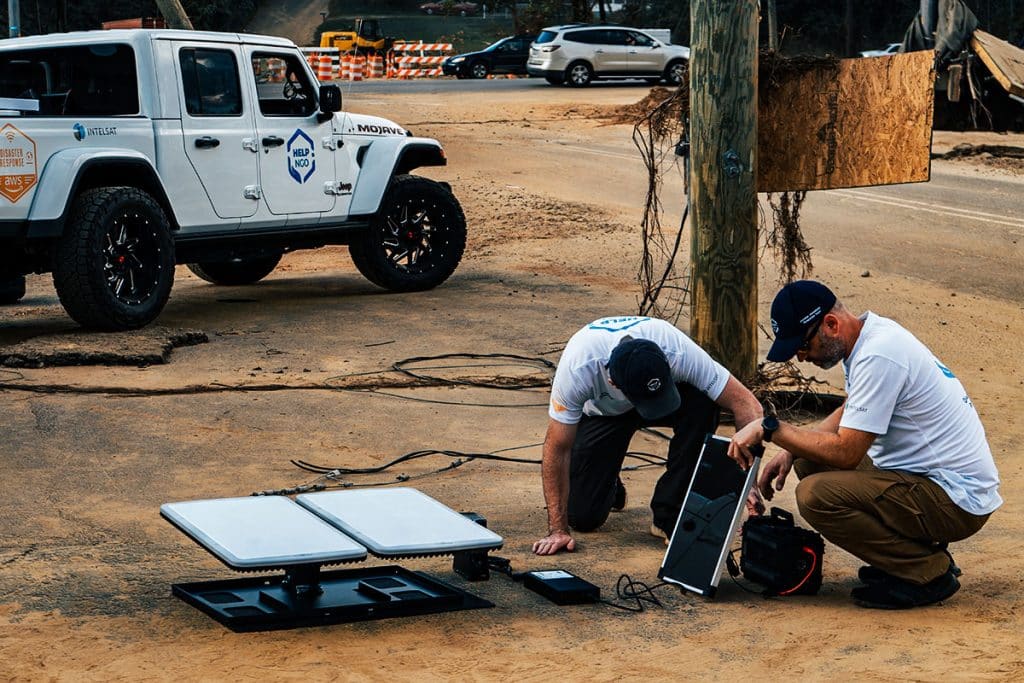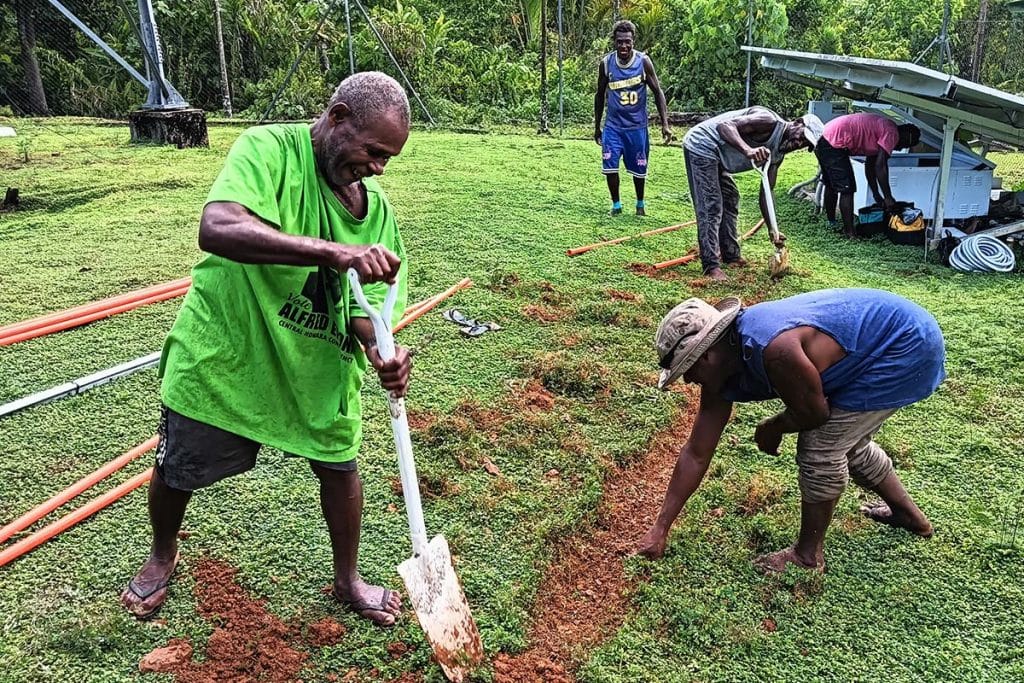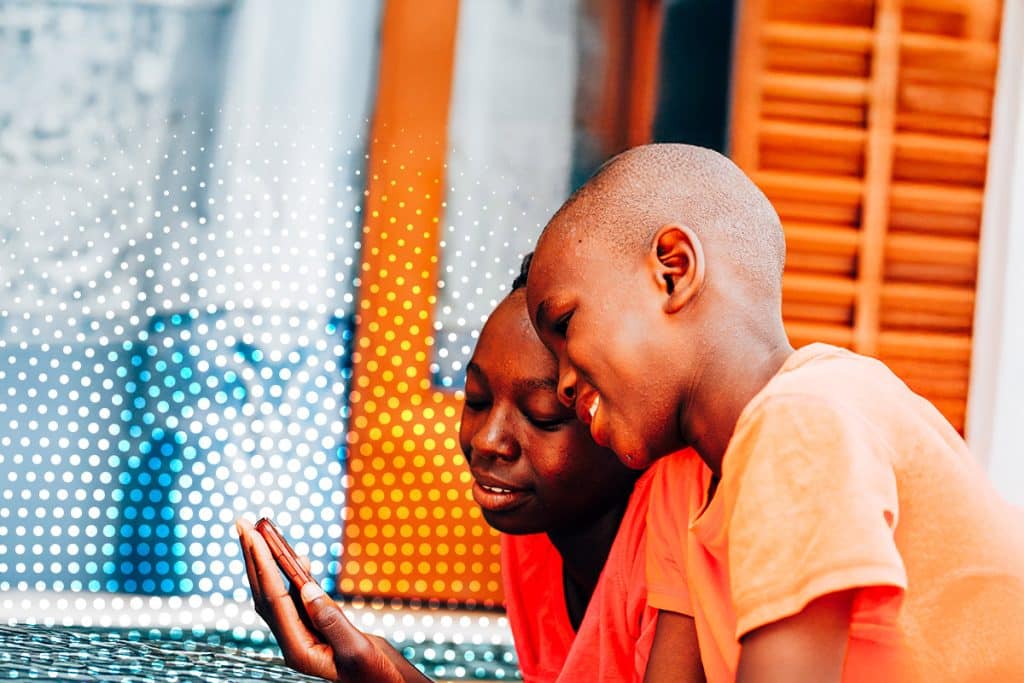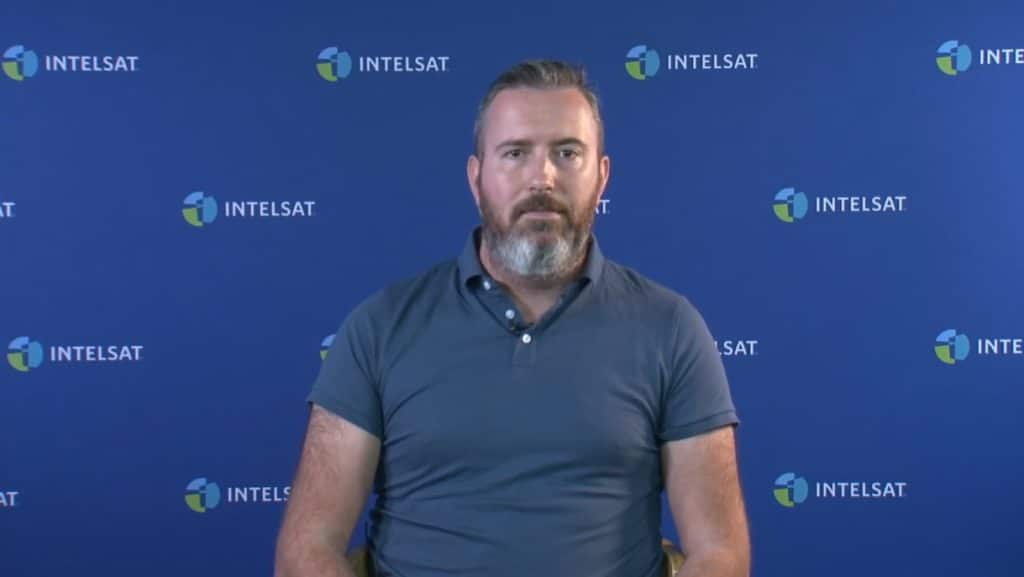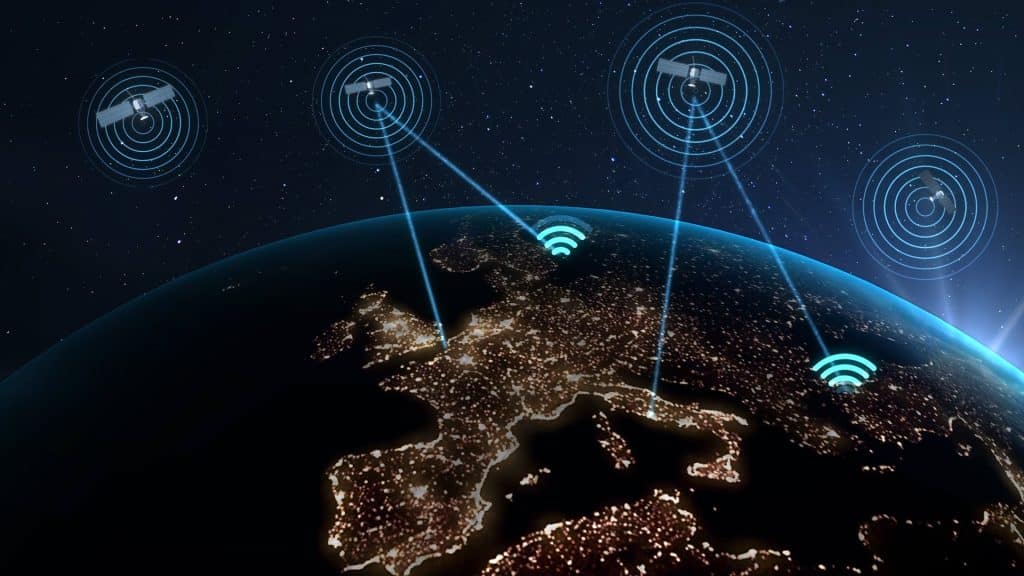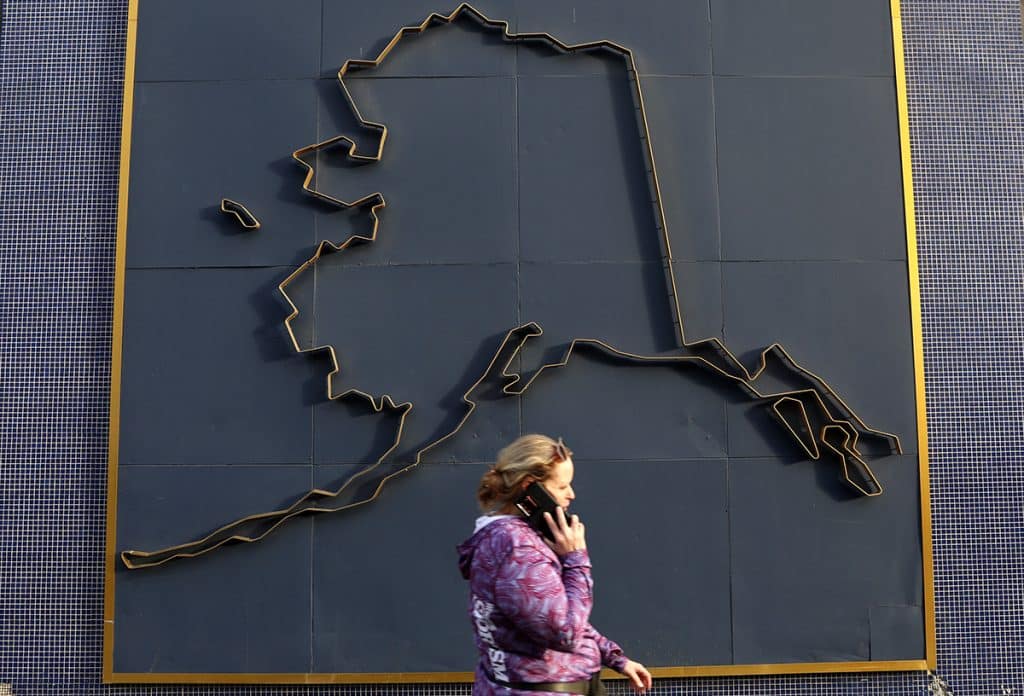Mobile Carrier Brings Growth and Safety to Isolated Communities
About
Vodacom Congo, a subsidiary of the Vodacom Group (Pty) Limited, South Africa and the Vodafone Group, UK brings people together in the country’s most remote areas. As a leading communication company in the Democratic Republic of Congo they want to empower a connected society by providing essential mobile and fixed voice, data, financial services and Enterprise IT solutions to millions across the region.
Customer Challenge
The DRC is the largest country in sub-Saharan Africa, where more than 65% of the population or around 55 million people live in rural and remote areas.
The vast majority of them are currently not covered by mobile broadband networks, which constitutes a major socio-economic development gap and isolation from the modern world.
Vodacom wanted to bring connectivity to these isolated communities while meeting regulatory requirements, but they faced significant challenges. The country is vast, villages small and widely spread. Deploying a network in a tough environment would involve costly construction over long distances covering difficult terrain, often with no electrical power facilities available. In the absence of a national grid, energy would be a considerable ongoing cost for network operation. In many rural areas, cell sites depend on diesel generators. This infrastructure is expensive to install, operate and maintain—a problem exacerbated by diesel being a target for theft. They also knew that this investment would serve small communities that ultimately deliver lower traffic volumes.
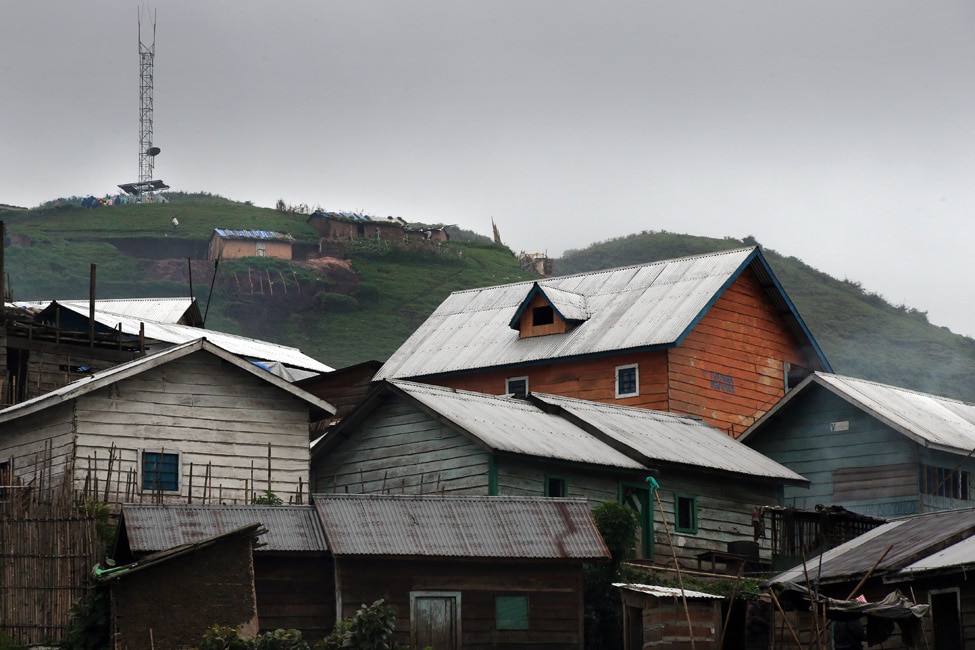
With the exorbitant costs associated with building a terrestrial network piling up, Vodacom needed an innovative solution that minimized capital expenses while helping them achieve business goals. How could they profitably extend cellular service to millions of hard-to-reach rural residents across the DRC?
How We Helped
In 2015, Vodacom began leveraging the Intelsat 28 satellite for perfect coverage and technical performance over the DRC, allowing immediate reach to the highland villages of South Kivu. Starting in 2018, the Intelsat Epic platform enabled Vodacom to take advantage of higher throughput capabilities, reducing the cost per bit for services delivered and upgrading sites to 3G. Intelsat and Vodacom jointly developed a practical business plan and customized commercial model that would work for the mobile operator’s unique business needs while minimizing implementation and operating costs.
This turnkey, lower-power-consumption, cell-site solution combined satellite connectivity with terrestrial services. Designed purposefully to expand mobile coverage into rural and ultra-rural areas, it deployed small-cell RAN, solar power and batteries and satellite equipment to ensure reliable, anytime connectivity and reduce maintenance and management. All of these components were thoughtfully selected for the region with the goal of facilitating easier communication and better quality of life.
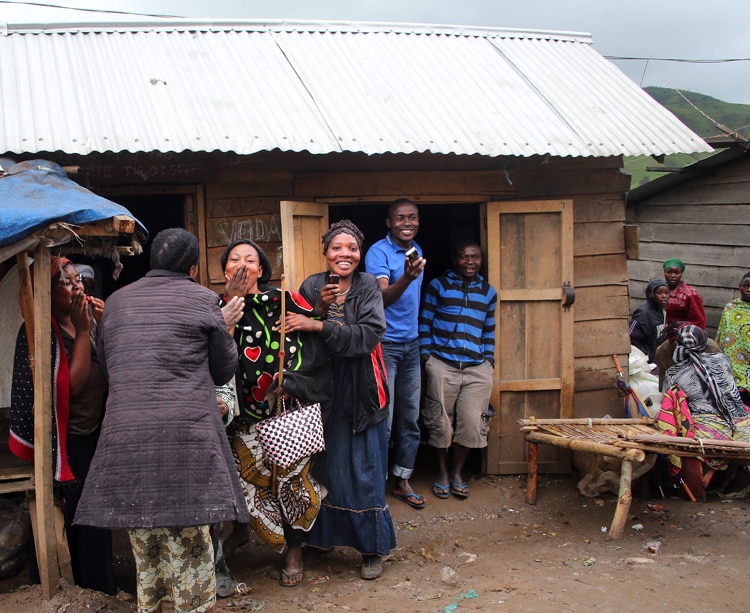
Outcomes and Benefits
Business Growth via Capture of Market Share in Remote Areas
- A cost-effective, quickly deployable solution for rural areas made Vodacom the first to expand their market into a population that previously had no connectivity options—not even landlines.
- Easy scalability and growth in traffic have led to swift and substantial increases in profitability.
- Upon scaling up to 800 rural sites, Vodacom rapidly achieved the highest penetration and subscriber base in DRC.
- Upgrades to more than 100 sites, leveraging the Intelsat Epic HTS satellite, enabled 3G service in remote areas and drove new revenue in a growing market
Positive Impact on Safety, Security and Economics
- Cellular connectivity has improved security by making it easier to reach out to authorities in the event of theft or violence.
- Telecommunications have opened the door for job opportunities, new business ventures, and money transfers enhancing the health and well-being of people across the region.
